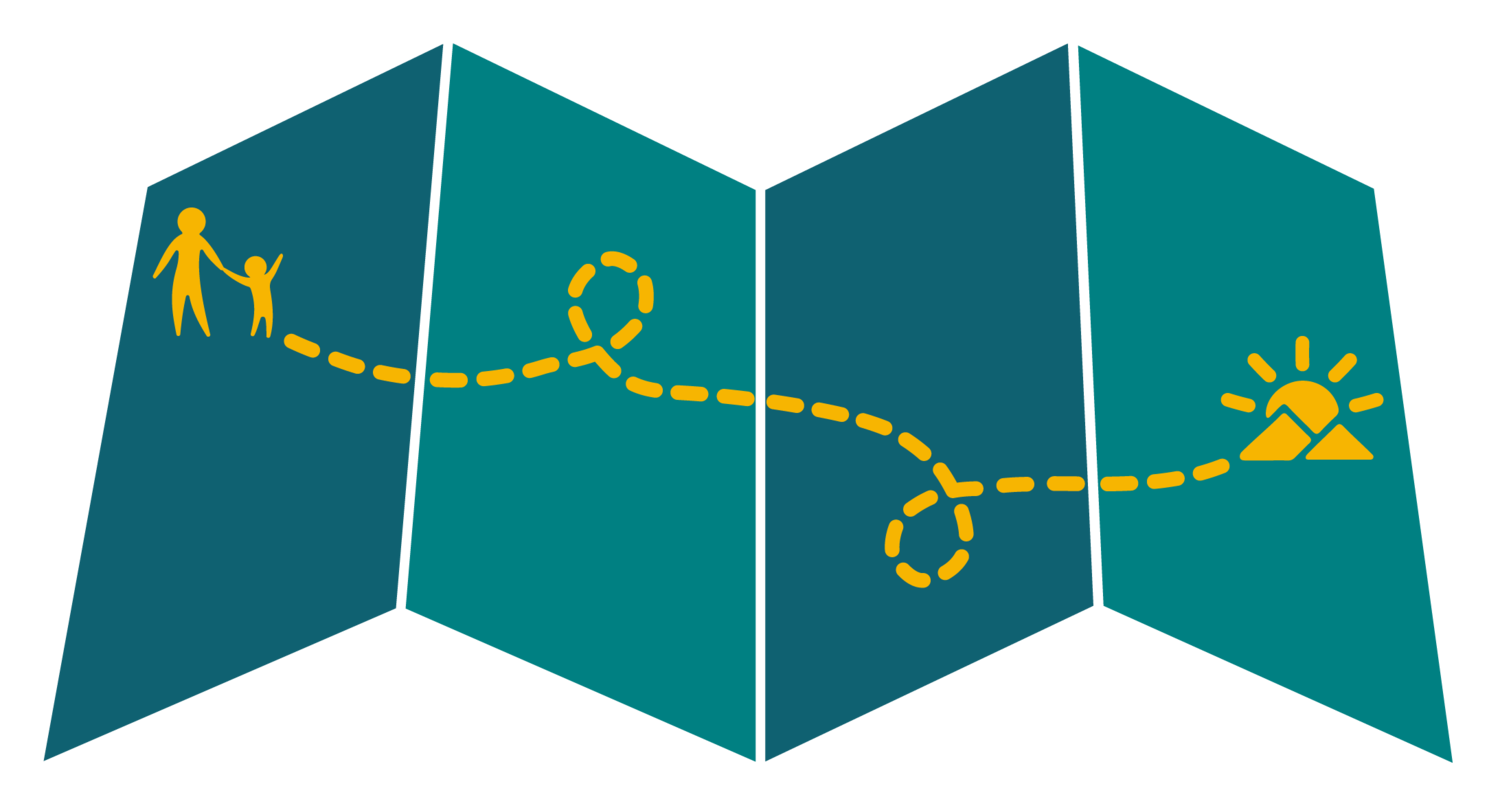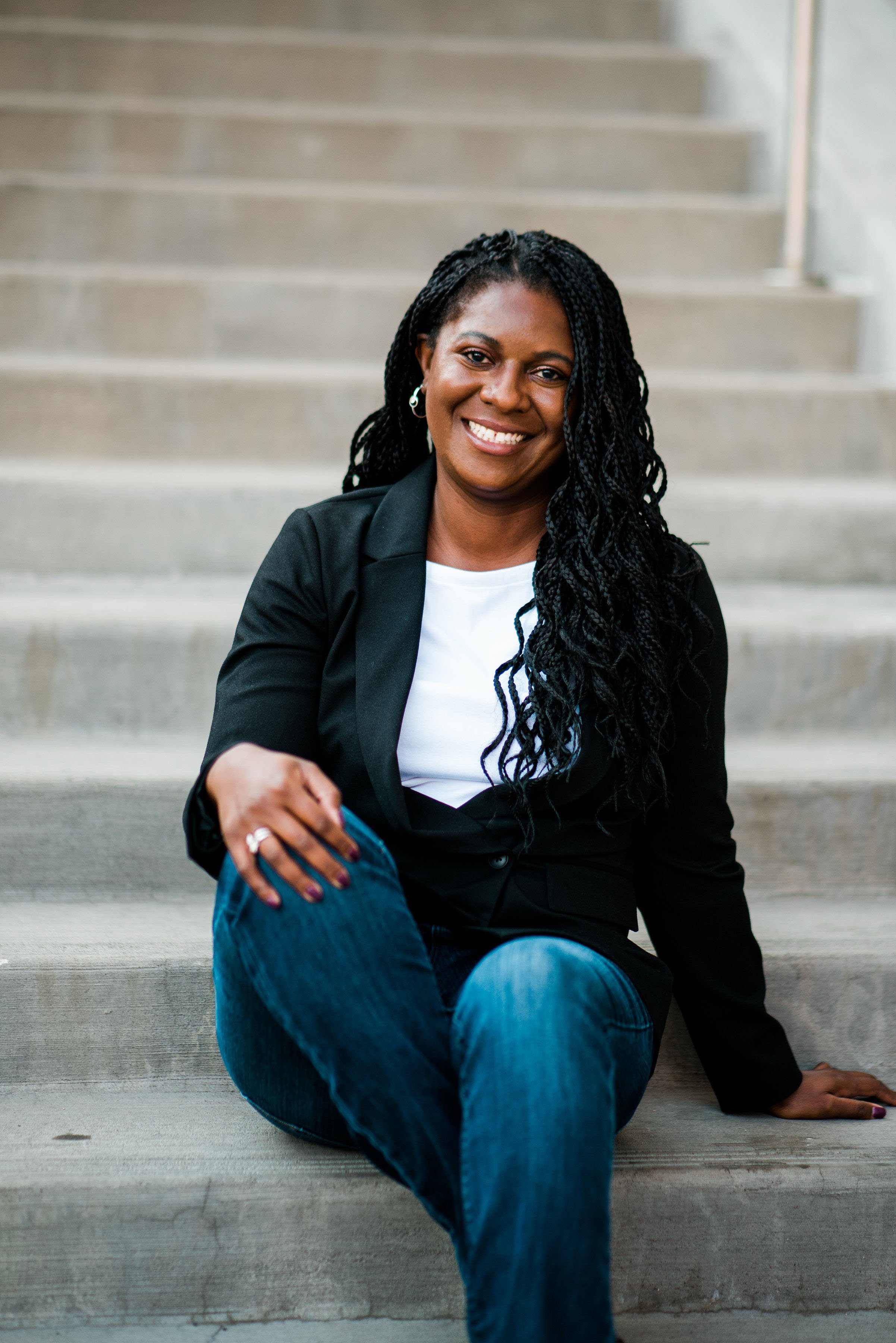Dr. Apryl Alexander
Dr. Apryl Alexander is an Associate Professor in the Graduate School of Professional Psychology at the University of Denver. She serves as Director of the Denver FIRST Juvenile Justice Project, an Office of Juvenile Justice and Delinquency Prevention (OJJDP) grant-funded program providing evidence-based, culturally informed, and gender-sensitive trauma treatment for justice-involved girls. Her research and clinical work interests include violence and victimization, human sexuality, sexual offending, and trauma-informed and culturally informed practice. She is an award-winning researcher, and her work has been published in several leading journals, including the Journal of Forensic Psychology Practice, Child Maltreatment, Journal of Child Sexual Abuse, and Sexual Abuse. Most recently, she received the 2021 Lorraine Williams Greene Award for Social Justice from Division 18 (Psychologists in Public Service) of the American Psychological Association. Dr. Alexander has been interviewed by numerous media outlets, including The New York Times, USA Today, and NBC Nightly News, about her research and advocacy work.










